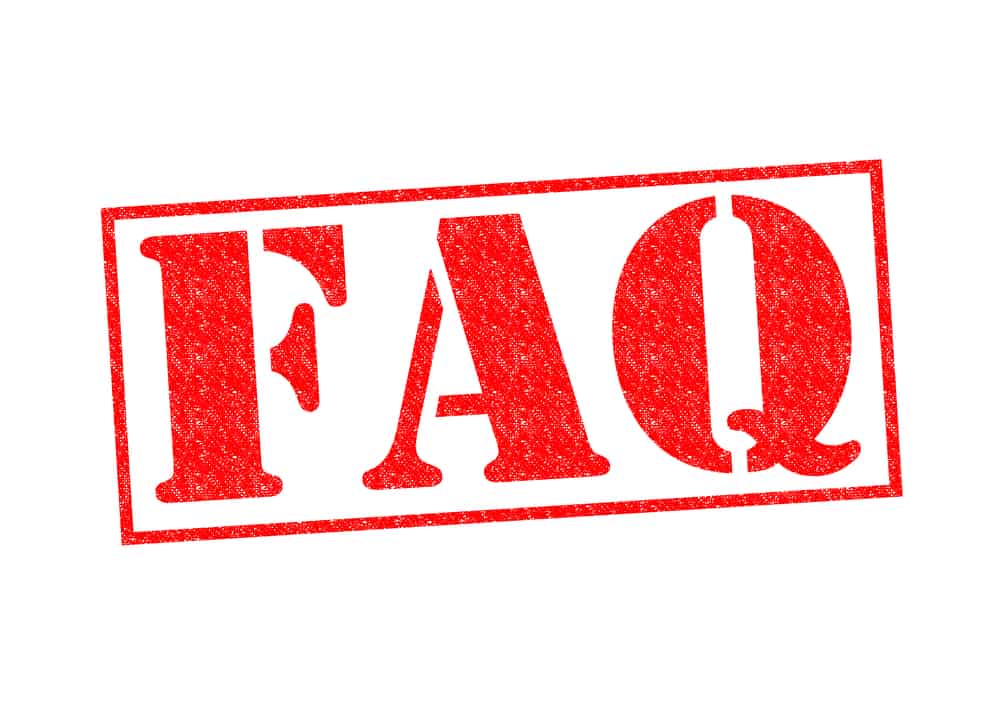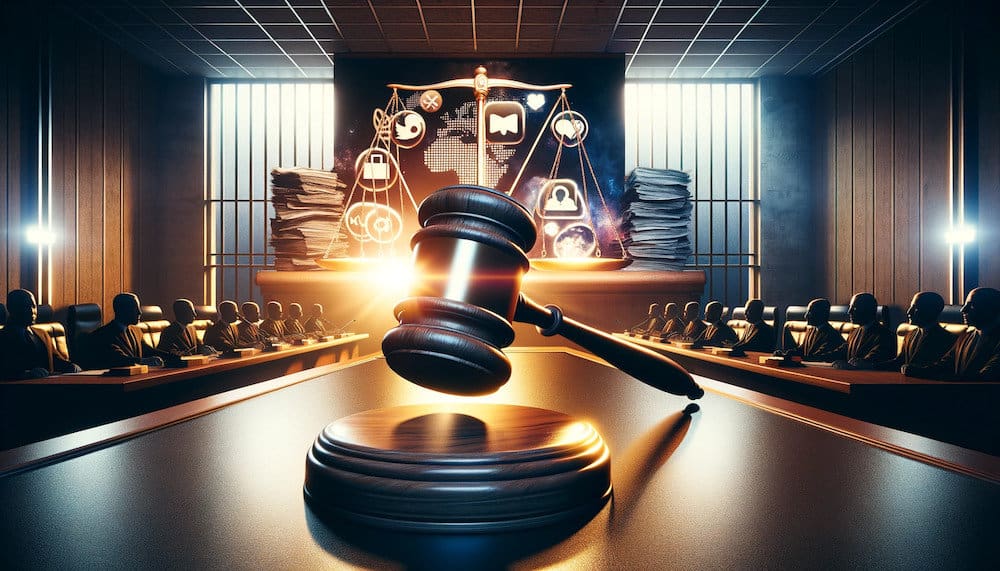After a direct testimony to you, your witness will have to face first-time cross-examination from the opposing lawyer. Naturally, the opposing attorney will try to undermine your witness’ testimony, so it’s up to you to prepare your witness to meet the challenges. However, whether you’re preparing your witness for a trial, deposition, or investigation, follow these best practices to ensure your witness makes the best case for your client.
1. Prepare the Witness
Witness preparation allows you to prepare the witness according to their weaknesses and strengths. Therefore, as the attorney, you cannot attend the meeting unprepared.
Review the issues and case documents and have a detailed outline of the questions you plan to ask and any tricky ones they may face during cross-examination.
Often, you may have a reluctant or busy witness. Your job as an attorney is to communicate the importance of their testimony to your case and how critical it is for them to remain focused on presenting it.
Listen to your instincts, and if you feel a person will make an unreliable witness decide how to go ahead and use their testimony as best you can. Start by checking their criminal background and social media to alleviate the chances of being caught off guard by the opposing attorney.
If you have a very reserved or chatty witness, you must put more effort into preparing them for the cross-examination.
Based on your case and witness, prepare your goals for the preparation session and ensure your client and witness agree with how you plan to move forward.

2. Number of Sessions
One meeting with the witness on the day of their testimony won’t do. One session before cross-examination might work for a minor witness in a case where the risk is low, but for complex issues or if a witness is problematic, you will need at least three prep sessions.
Use the first meeting to assess and recommend ways to improve their communication. Then, during the second meeting, you must determine if they have applied your suggestions. You may need to improve some of their techniques. Finally, use the opportunity of a third meeting to ensure they continue to apply what you practiced.
At the first session, discuss the case, its purpose, its goals, and the importance of the witness’s role. Then, explain the testimonial process, and clear up any concerns the witness expresses. Help make the witness feel comfortable, but also emphasize the importance of giving truthful and transparent testimony.
The final session should occur near the date of the cross-examination. Use this opportunity to ensure the witness responds appropriately to questions. At this time, inform the witness on the appropriate dress and the right way to conduct themselves during the proceeding when under oath.
Remember to apply all the ground rules, like attorney-client privilege, for what your witness recounts during the session. Next, explain to the witness when these rules apply and when they don’t. Finally, make sure that anyone else present at the preparation session does not affect its confidential nature.
3. Choose a Suitable Preparation Time
When your witness is at their best, they will concentrate better, so schedule a prep meeting at a time that works well for them and when they will have no distractions. Doing this lets you have a witness who can focus correctly and will understand and retain your information and advice.
Meeting a nervous witness at a time that suits them also makes them more eager to participate.
4. Take Insights from the Witness by Listening
Make it your primary goal to learn from the witness’s account of the events and facts before formulating the questions you want to ask. You can observe their body language during their narrative and note their wording as they respond to your questions.
Never ask your witness to distort facts; ask them to provide truthful testimony to ensure they appear credible to the jury or judge. Address any concerns during these sessions because many courts don’t allow consultations with witnesses during recess.
Help your witness practice answering by concentrating on the substance of their answers and the correct style of presenting them.
Use the preparation session to review and discuss any crucial documents about the case if permitted and appropriate. Your witness must know if a document reflects the actual event or when it’s out of context concerning another document to help prepare them to respond to a challenging question by the opposing attorney that could threaten your client’s case.
5. Enlighten and Improve the Witness Constructively
Guide your first-time witness on how to answer questions during the cross-examination by highlighting the following points to them:
- Do not start answering a question until completed. Once the opposing attorney asks the question, pause to ensure you understand it before answering. By pausing, you provide me with the opportunity to object if necessary.
- Never volunteer information. Only answer the question asked.
- Do not speculate or guess when answering. Instead, acknowledge that you cannot remember an event or conversation.
- Please answer the question asked, not a variation of the question or something you think they should have asked you instead.
- Pay close attention to the questions to ensure the attorney is not asking you to provide privileged information.
- Remain calm and patient. Resist arguing with the opposing attorney.
- Remember, you are under oath.
- You are not in court for a casual talk or to make a statement.
Witness preparation helps you to acclimatize them and ensure their effectiveness. Have a second attorney or paralegal present when preparing the witness since they can help pick up any weaknesses you cannot see. Additionally, if you should face an accusation of doing something wrong during the preparation, you will have a witness to defend you against the allegations.
Tips for Preparing a Witness
1. Explain the legal context and ground rules to your witness.
2. Choose a suitable preparation time that works best for them.
3. Take insights from the witness by listening closely to their account of events and facts before formulating questions you want to ask.
4. Enlighten and improve the witness constructively.
5. Have a second attorney or paralegal present during preparation to pick up any weaknesses you cannot see.
6. Rehearse with your witness and practice answering questions before heading into court.
7. Be sure to review any crucial documents related to the case if permitted and appropriate.
8. Stress the importance of being honest and truthful throughout the entire process of testifying in court.
9. Provide insight into how they should address challenges from opposing counsel without becoming hostile, argumentative, or defensive in their responses.
10. Offer support and assurance to help them remain composed under pressure from questioning attorneys.
Final Take
Preparing a witness for first-time cross-examination means preparing them to feel confident and ready during their testimony, especially when faced with the opposing attorney. Prepare your witness to go beyond just giving a “yes” or “no” answer, but always answering in their own words in a way that cannot hurt your case. The time and effort you put into preparing your witness require using best practices and ensuring that the judge or jury sees a confident witness who responds truthfully to the questions and doesn’t fear falling into a trap.
FAQs

What is witness preparation?
Witness preparation is a process that helps prepare your witness for the rigors of testifying in court and being cross-examined. It involves giving them information about what to expect, teaching them how to answer questions, and helping them feel confident about their testimony.
What tips should I keep in mind when preparing a witness?
When preparing a witness for courtroom testimony, it’s important to explain the legal context, choose an appropriate time for preparation, listen closely to their account of events and facts before formulating questions you want to ask, enlighten and improve the witness constructively, practice answering questions before heading into court with your witness, stress the importance of being honest, and provide insight how to address challenges from opposing counsel without becoming hostile.
What is the importance of witness preparation?
Witness preparation is important as it helps prepare your witness for testifying in court and being cross-examined. It allows them to feel confident and ready during their testimony, especially when faced with the opposing attorney. Additionally, it ensures that the judge or jury sees a confident witness who responds truthfully to the questions and doesn’t fear falling into a trap.



